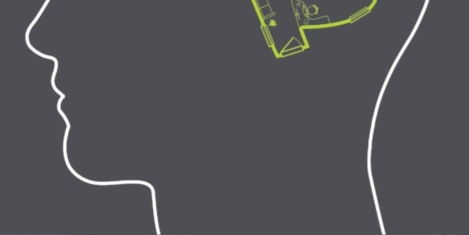April 7, 2020
Manchester set to be the next UK tech hub
 Manchester could be set to see an influx of tech talent in the next three years, according to new research from CWJobs, the UK’s leading tech job board. Surveying 1,000 tech workers, Manchester emerged as the top choice outside of the capital (22 percent) to work in, with a fifth (20 percent) also revealing it’s the city they would choose to set up a tech business in the next three years, ahead of Birmingham (11 percent) and Edinburgh (8 percent). In the same survey, 505 IT decision makers (IT DM) also placed Manchester as the best location to set up a tech business, with over a quarter (27 percent) choosing the city. (more…)
Manchester could be set to see an influx of tech talent in the next three years, according to new research from CWJobs, the UK’s leading tech job board. Surveying 1,000 tech workers, Manchester emerged as the top choice outside of the capital (22 percent) to work in, with a fifth (20 percent) also revealing it’s the city they would choose to set up a tech business in the next three years, ahead of Birmingham (11 percent) and Edinburgh (8 percent). In the same survey, 505 IT decision makers (IT DM) also placed Manchester as the best location to set up a tech business, with over a quarter (27 percent) choosing the city. (more…)



















 With less than a month to go before the government sets out its economic predictions in its first spring budget, new research points to a 30 percent increase in people planning to start a business or register as self-employed this year. With 1.4 million new limited company or self-employed registrations in 2019, 2020 could see that rise to as many as 1.8 million new registrations,
With less than a month to go before the government sets out its economic predictions in its first spring budget, new research points to a 30 percent increase in people planning to start a business or register as self-employed this year. With 1.4 million new limited company or self-employed registrations in 2019, 2020 could see that rise to as many as 1.8 million new registrations, 
 In response to the coronavirus outbreak,
In response to the coronavirus outbreak, 


 Many companies are moving away from long-term overseas placements in favour of short-term transfers, a report has suggested. To reduce costs and meet changing business and worker needs, firms are shifting from typical transfers of one to three years to moves of around three to 12 months,
Many companies are moving away from long-term overseas placements in favour of short-term transfers, a report has suggested. To reduce costs and meet changing business and worker needs, firms are shifting from typical transfers of one to three years to moves of around three to 12 months, 







March 24, 2020
A shift in the workplace axis might be a welcome outcome of this crisis
by Luke Munro • Comment, Wellbeing, Workplace design